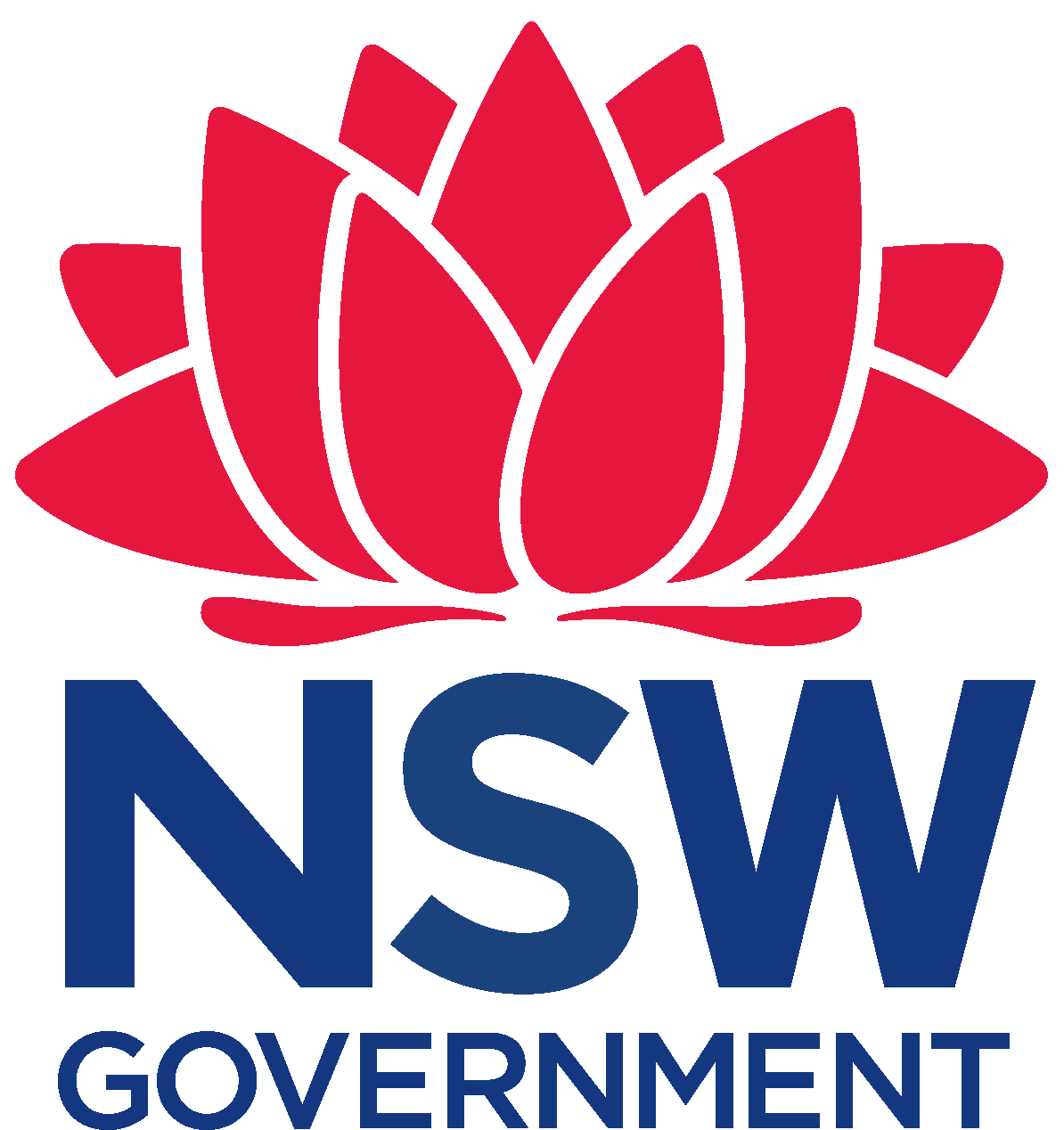If you’re in farming, tax planning should be part of the normal financial management of your business, as a well-devised tax plan can make all the difference between a significant tax bill or a comfortable financial position for your farm and family for current and future years.
The team at Rural Financial Counselling Service, NSW, have many years’ experience in understanding what it takes to manage the financials of a farm business and ensure it operates in the best possible financial position year-on-year and across generations.
When it comes to farm tax planning, RFCS NSW has three golden rules:
- Always talk to the professionals
No matter how small or simple you think your taxes may be, a professional will know more about tax planning and the latest in tax compliance than you do and will do better by your business in terms of tax savings than you can alone. Afterall, while you spend most of your working hours running the farm, they spend most of theirs working taxes. A good tax advisor can help you understand your business position, level out the year-to-year peaks and troughs and support you in making well-informed personal and business decisions.
- The earlier you start the better
Tax planning is really a year-round process, but things tend to get serious around April each year after completion of the March quarter BAS when actuals for the first nine months are available.
The earlier you can start, the better prepared you and your accountant will be. Leaving things to the last minute (May or June) will likely see your accountant too busy and you with little chance of enacting any sort of plan for finishing the financial year in your strongest possible position.
- Consider some of the big issues
While having a tax professional on your side is imperative, their knowledge of your business is only as good as the information you give them. To get the most from your working relationship, it’s important that you know your business inside and out and spend some time considering some of the conversations and issues you are likely to discuss during the planning process, like:
- Farm Household Allowance reconciliations
- Bringing forward or delaying income and expenses to pre or post 30 June
- Trust distributions and the effects on beneficiaries
- Review of Farm Management Deposits
- Superannuation planning/contributions
- Major capital purchases
- Debt reduction
- Changes in off-farm income
- Impact of accumulated losses
- Impact of deferred income/forced sales
- Review of averaging position.
For a farming business, there can be many options for improving your tax position – the key is to get in early and face the planning head-on with the guidance of your trusted tax professional.
If you’re not sure about the information you’re being asked to provide, it’s not up-to-date or you are worried things don’t look so great, chances are you’re not alone and there is help available to you.
Reach out to a specialist such as one of our Rural Financial Counsellors, who can help you prepare for your annual tax and work through any concerns with your financial situation.
At RFCS NSW we can guide you through your tax preparation work and help you to understand your financial position and develop an action plan to help you see your goals achieved.
RFCS NSW is a free service that provides you with access to a professional team of financial counsellors with knowledge across agriculture, banking, agribusiness, and a broad range of other industries.
We can guide you through reviews, negotiations with your lender, repairing bank relationships and other financial and business concerns, including goal setting, business plans and action planning. RFCS NSW is an independent and not-for-profit organisation with your best interests at heart.
With nothing to lose and plenty to gain, call 1800 319 458 to set up your free, confidential meeting today.



